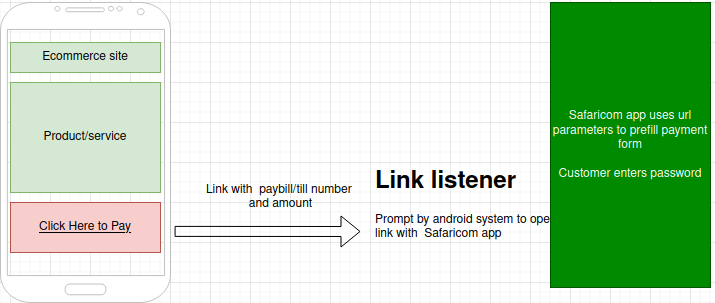MPESA is the backbone of Kenya’s financial services. There are thousands of third-party systems integrated with MPESA through the Safaricom Daraja.
In the course of the last 2 years, the API offered by MPESA has evolved, to comply with data privacy policies. However, this evolution has posed certain challenges to third parties:
- Till Numbers have become less desirable for payment collection.A cluster mess for customers with high TPS merchants
- In the event of an API outage, companies either cease operations or resort to alternative methods of payment collection, sometimes resulting in business closure for the period.
- The STK (Sim Toolkit) API has become the primary method of collecting payments. However, it has an efficiency rate of only 75%. STK callback responses are not consistently returned, leading to incomplete transactions, commonly referred to as “Hanging transactions.” Merchants are now required to manually reconcile transactions to provide services, and with phone numbers obfuscated, this process becomes a nightmare.
Enter Safaricom MPESA APP.
Safaricom has introduced an all-encompassing super app designed for payments providing a high level of convenience to their customers.
Proposition:
Netpap proposes that the Safaricom app should incorporate “intent listeners” launched from HTML websites, mobile apps, and any software capable of opening a link to make payment through the Safaricom app.
Justification and Working:
Ideally, this “intent” would be in the form of a link, similar to social media sharing links, which can launch the MPESA app. The link should be able to transmit the payment amount and the recipient’s Paybill number or Till or phone number, with the customer entering their MPESA password to complete the transaction. This mimics the STK push service and offers effective handling of STK failures in a 3-step process.

Use Cases:
- Companies can send an invoice link to a customer. In case STK does not work or is unavailable, the MPESA app can complete the transaction using URL parameters from the link.
- This approach would be particularly valuable for companies without Safaricom MPESA API integration.
- It simplifies customer errors when inputting Paybill numbers and amounts, resulting in fewer calls to Safaricom for reversals and reconciliations.
- It reinforces the efficacy of the Safaricom STK API, especially during API outages.
This proposal aims to enhance the user experience and transaction reliability within the Safaricom ecosystem.



